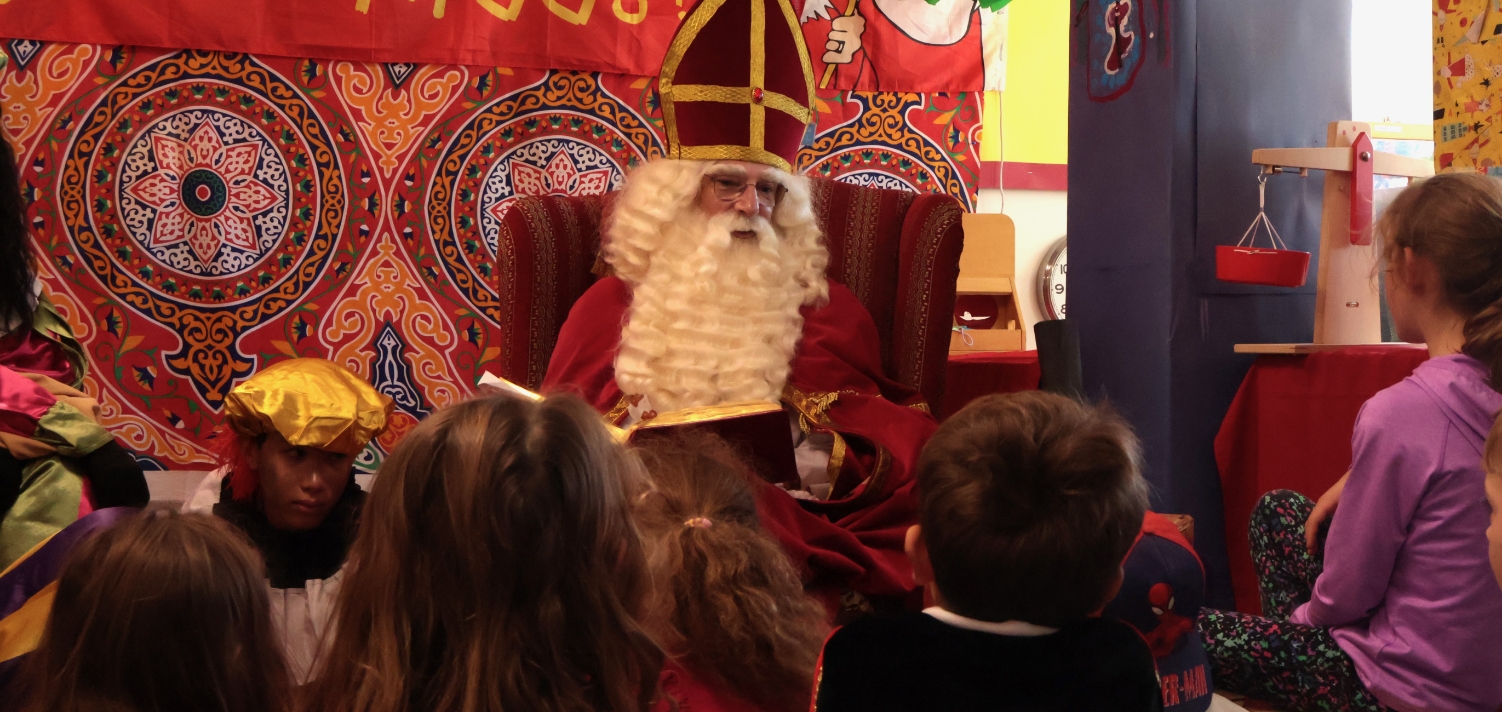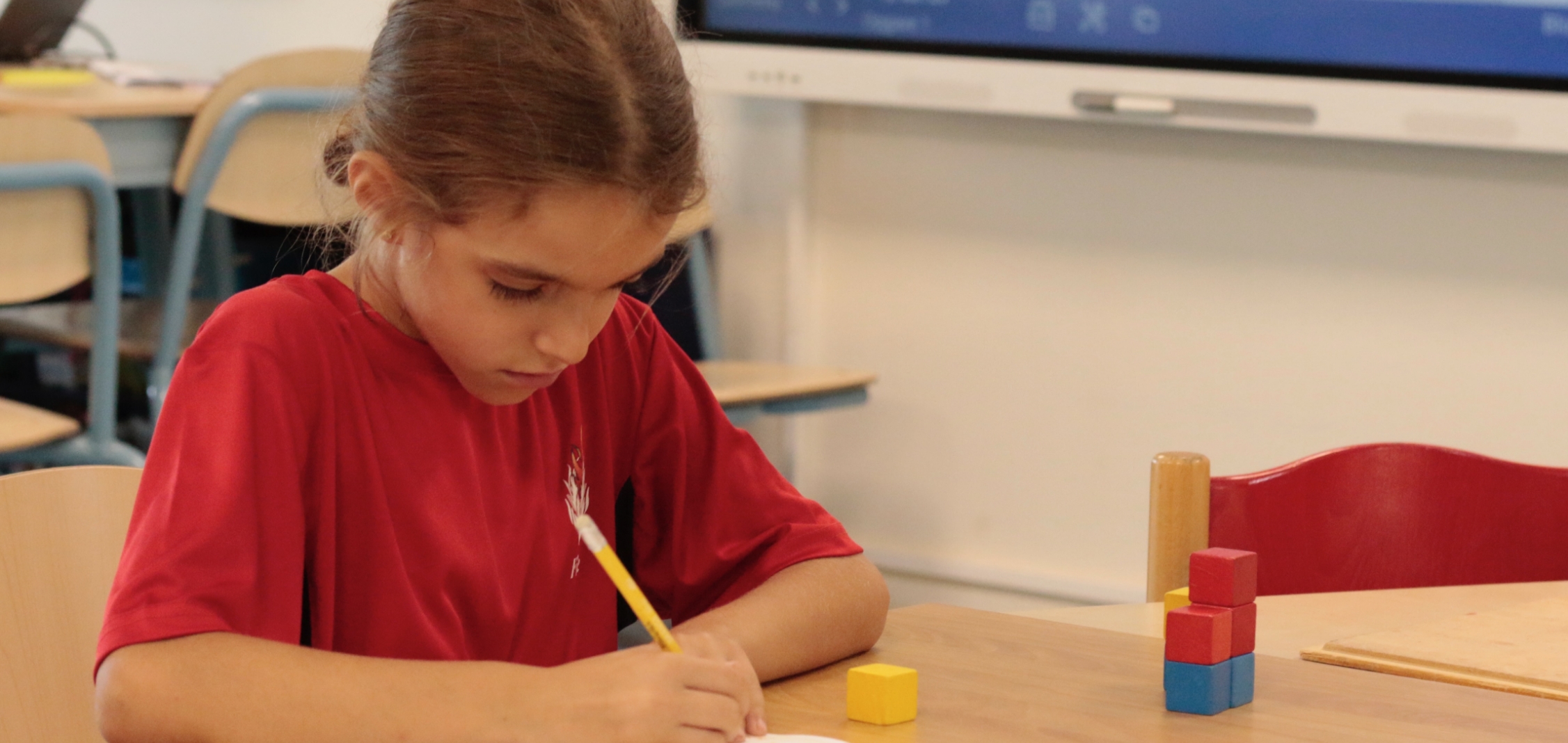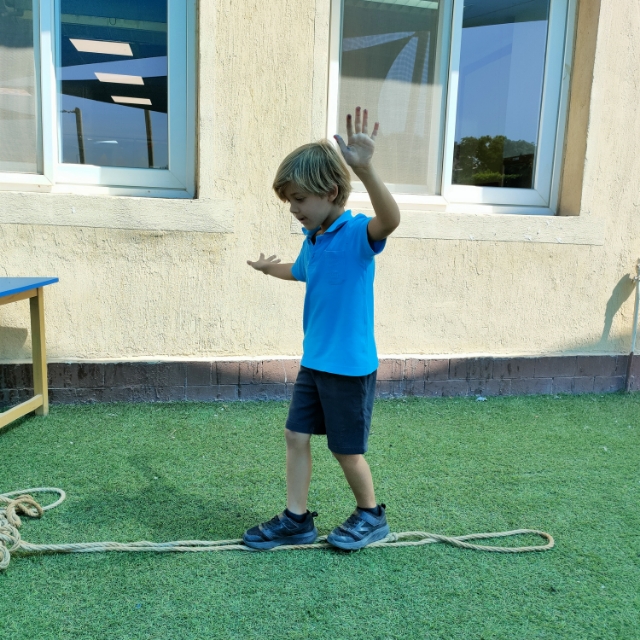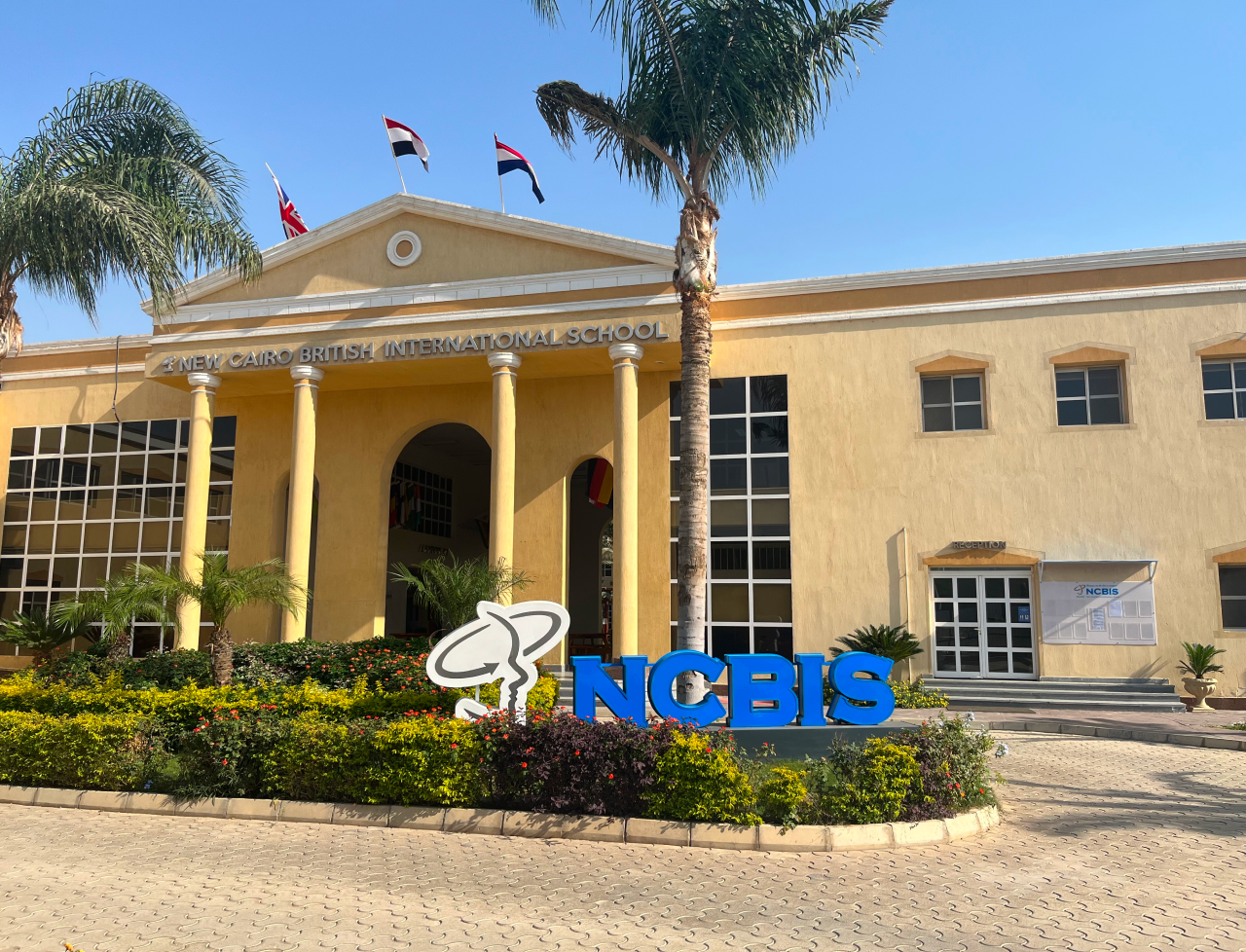The Dutch curriculum
NCBIS Dutch Stream offers bilingual education in the Dutch and English languages, teaching the Dutch curriculum as stipulated by the Dutch Ministry of Education. We are in close contact with the Foundation for Dutch Education Abroad (Stichting NOB), which supports us with advice and information. Inspectors from the Dutch Ministry of Education visit our school every four years. Their inspection report can be found on the website of the Dutch Ministry of Education.
Details about the Dutch curriculum can be found using the following link: Dutch attainment targets
Owing to the unique cooperation between the Dutch Stream and the British section, our students study several subjects in English, together with their peers in the British section. These subjects are topic-based lessons (history, geography, science and technology, based on a theme), PE, music and IT. Furthermore, our students receive English lessons from a specialist teacher, based on the British curriculum.
To track the progress of our students, we make use of Dutch standardised tests, such as CITO. The results of these tests inform us how well our students perform compared to their peers in the Netherlands. Furthermore, the progress of our students in Years 6 and up is monitored using the same standardised tests which are used by the British section.
After Primary School our students are given the opportunity to keep developing their Dutch language skills. We do this by providing Dutch lessons to our Dutch-speaking students in NCBIS Secondary School. These lessons are taught after school hours in the Dutch Stream.
Our Secondary students can conclude their learning with a Dutch MFL IGCSE Cambridge exam or CNaVT exam, which can be completed at several levels. The CNaVT is acknowledged by universities in the Netherlands and Belgium.

More than twenty years experience
We have more than twenty years experience being a bilingual school and this experience has shown us that we are successful in preparing our students for continuing their education in both Dutch and English-speaking schools. This is a major advantage for our students, who often come from expat families that move from country to country frequently.



